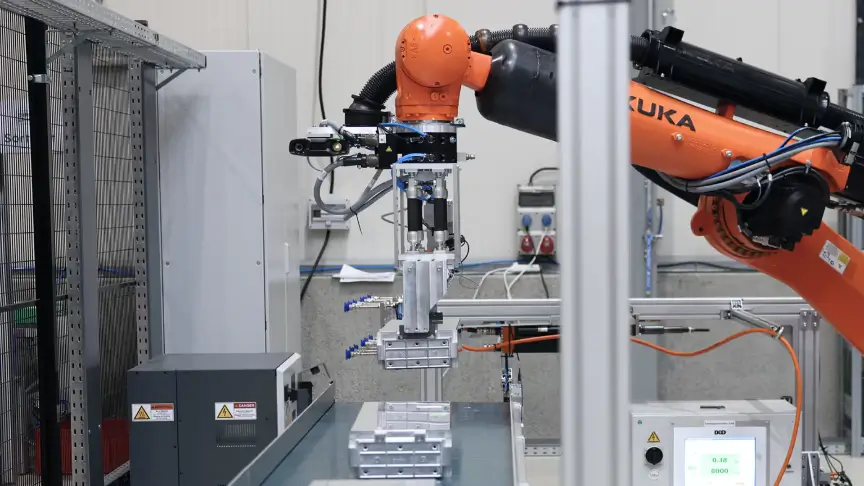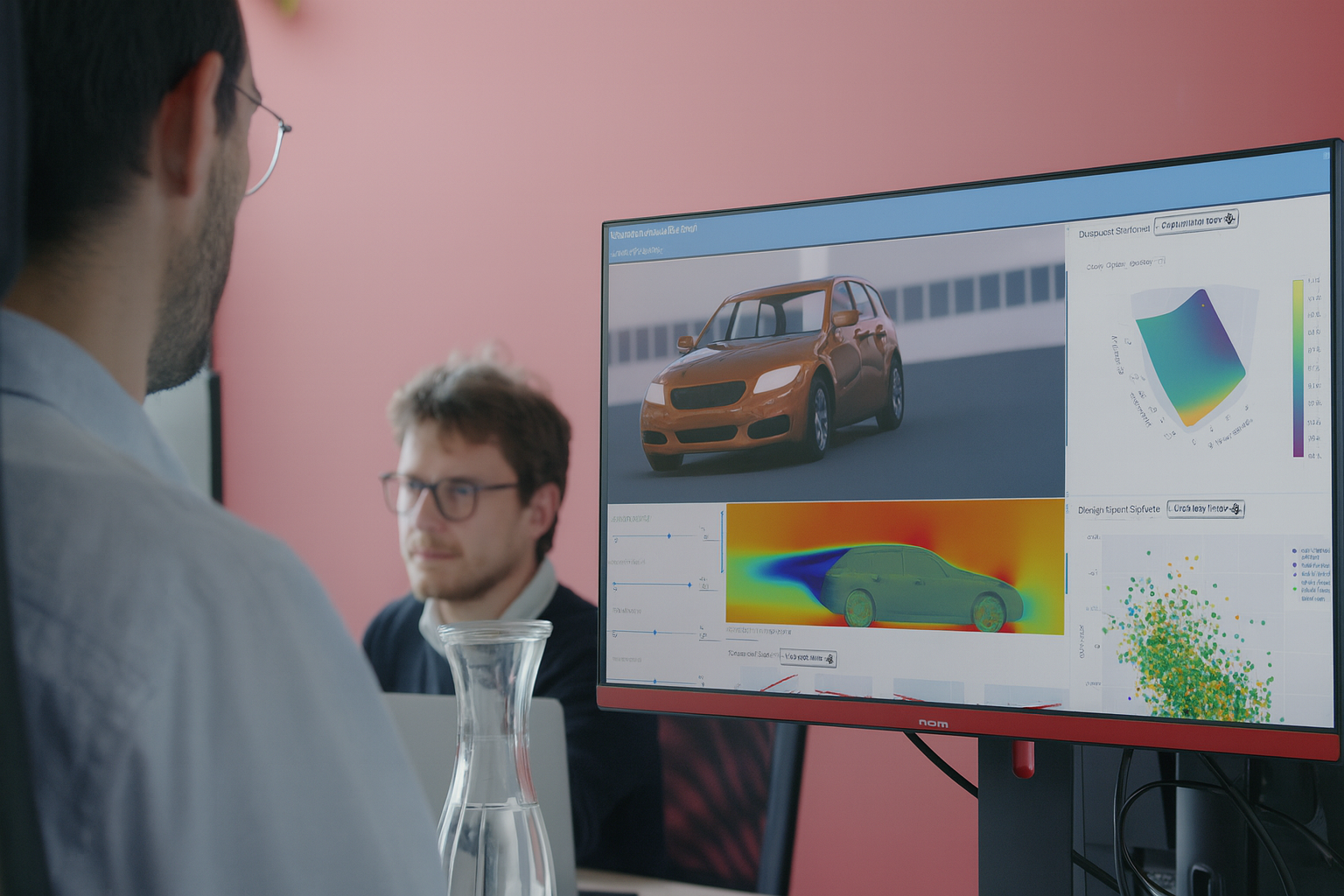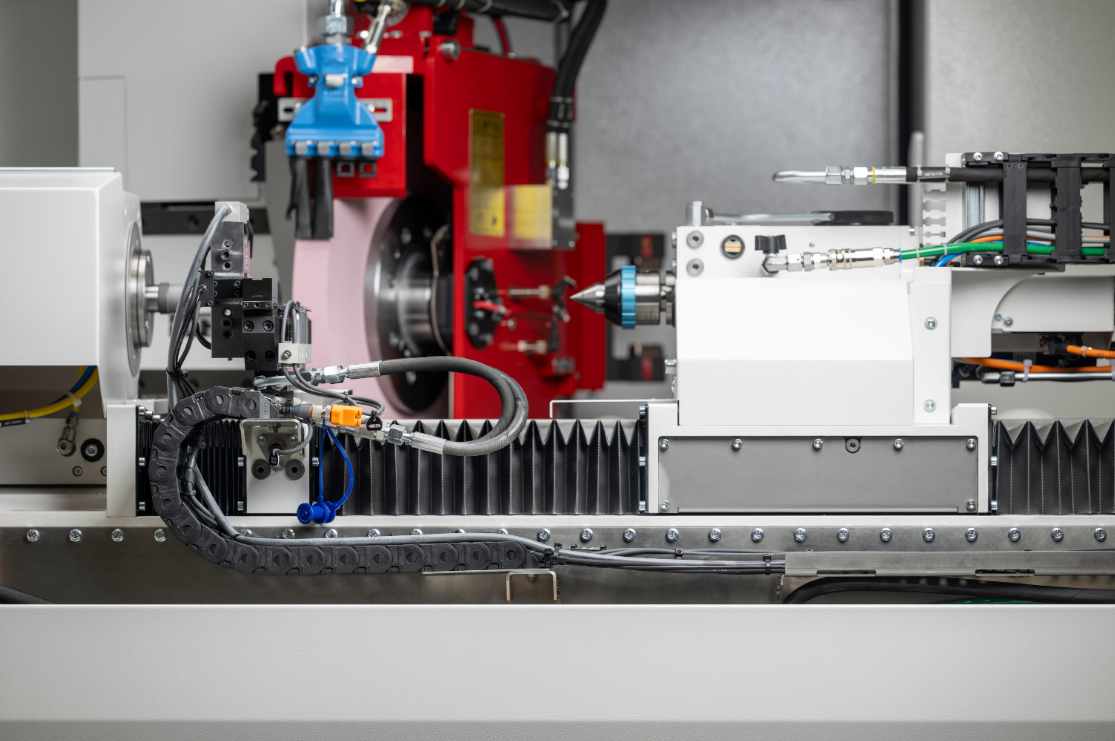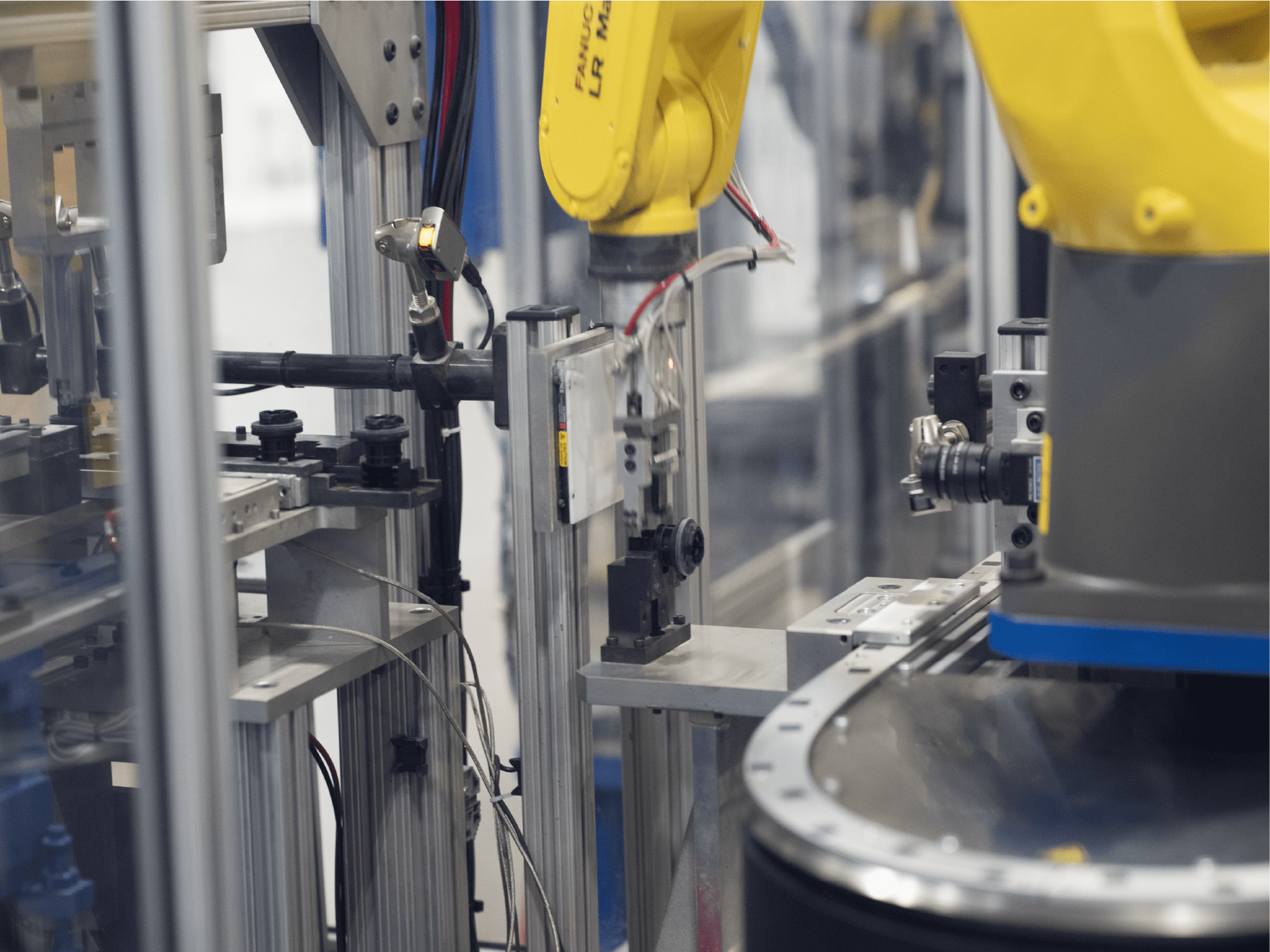
In the recent figure provided by the Land Transport Authority of Singapore, the total number of electric vehicles in the country doubled from 1,217 in 2020 to 2,942 last year.
In connection to this, Singapore Finance Minister Lawrence Wong also shared that among the new car registrants in 2021, around 4% were electric vehicles.
There are several reasons why electric cars are becoming more popular nowadays, and it includes:
- Electric cars have zero emissions, which is great for the environment.
- Electric cars are much cheaper to operate and maintain in comparison to gas-powered cars.
- Electric cars are safer than traditional vehicles.
Global Market of Electric Vehicles
Due to the war conflict between Ukraine and Russia, the price of oil has tremendously increased over the past week. This paved way for more electric cars to hit the market, becoming more affordable for the consumers. Yet, even before the war conflict between the two countries, experts have already seen the boost in electric car sales since January this year.
The global electric car sales were up to 87% this January 2022 in comparison with January 2021, with over 603,000 new units sold. One of the main drivers for the spike in electric car sales is the China market, wherein over 400,000 new energy vehicles were sold in January 2022. This is 141 percent higher than their records in January 2021 for electric cars, plug-in hybrids, and fuel cell cars, with battery-electric cars, in particular, making gains.
In connection with this, Singapore also believes that the spike in their electric car registrants is a baby step toward their goal of phasing out internal combustion engine vehicles by 2040.
With these data presented, we can assume that the future for the electric car is bright. Along with this, the consumers are being more concerned about climate change and protecting the environment, opting for more eco-friendly products and services.
Electric Cars for Greener Future
Electric cars emit no pollutants, including greenhouse gases, and they don't require any fuel to run. This means that electric cars are a much greener option than their gas-powered counterparts.
The U.S. Green Building Council reports that the green building industry will be worth $27 billion by 2020, up from $14 billion in 2009. This is largely due to the increase in electric transportation and renewable energy sources.
According to the latest Greener Cars ratings issued by the American Council for an Energy-Efficient Economy (ACEEE), seven of the Top 12 models in the Cleanest Rides list are full-electric cars that produce zero tailpipe emissions, while the rest are either gas/electric-powered hybrids or hybrids that emit far less CO2 than the traditional gas cars.
In fact, the average gas-powered car emits around 20 pounds of CO2 per mile, while the average electric car emits just 0.5 pounds of CO2 per mile.
Electric-Powered Cars are Cheaper in the Long Run
Many might not be aware of this fact, but electric cars are cheaper to operate than gas cars. The average cost of fuel for a gasoline car is about $3,000 a year, while the cost of fuel for an electric car ranges from $0 to $200 per year. With its lower maintenance cost, the lifetime cost of owning an electric car is also cheaper than that of a gas-powered car.
According to Kia Automotive experts, unlike internal combustion engine vehicles, electric cars are more reliable in the long run with the fact that they have fewer moving parts. "Less moving parts means fewer maintenance requirements."
With electric cars, there is also no need for an oil change, saving a few hundred bucks in a year. Apparently, because of the safer components for electric cars, it also has a longer lifespan compared to a traditional gas-powered vehicle.
Electric Cars are Safer
Traditional cars use gas to run, which has a higher tendency to cause fire compared to the lithium-ion batteries used in most electric cars. Also, electric car batteries are typically covered with a protective cooling shroud filled with coolant liquid to avoid short-circuit or external damage. Aside from their external cooling, electric cars are installed in an array of lithium-ion battery packs which restraints malfunctioning damage.
In addition, since electric vehicles have fewer moving parts than gas cars, it is also less prone to accidents.
Due to these benefits, electric cars are becoming increasingly popular. In 2022, it is expected that there will be an estimated 1.5 million electric cars on the road, which is expected to grow to over 10 million by 2030. This growth is due in part to the increasing awareness of the benefits of electric cars and the decreasing cost of batteries and charging infrastructure.

.png)



























.jpg)

.webp)







































.webp)




























